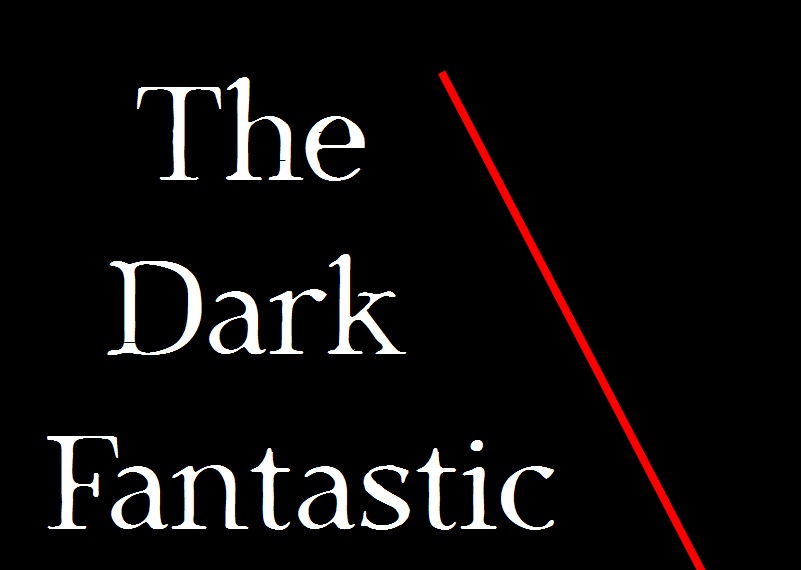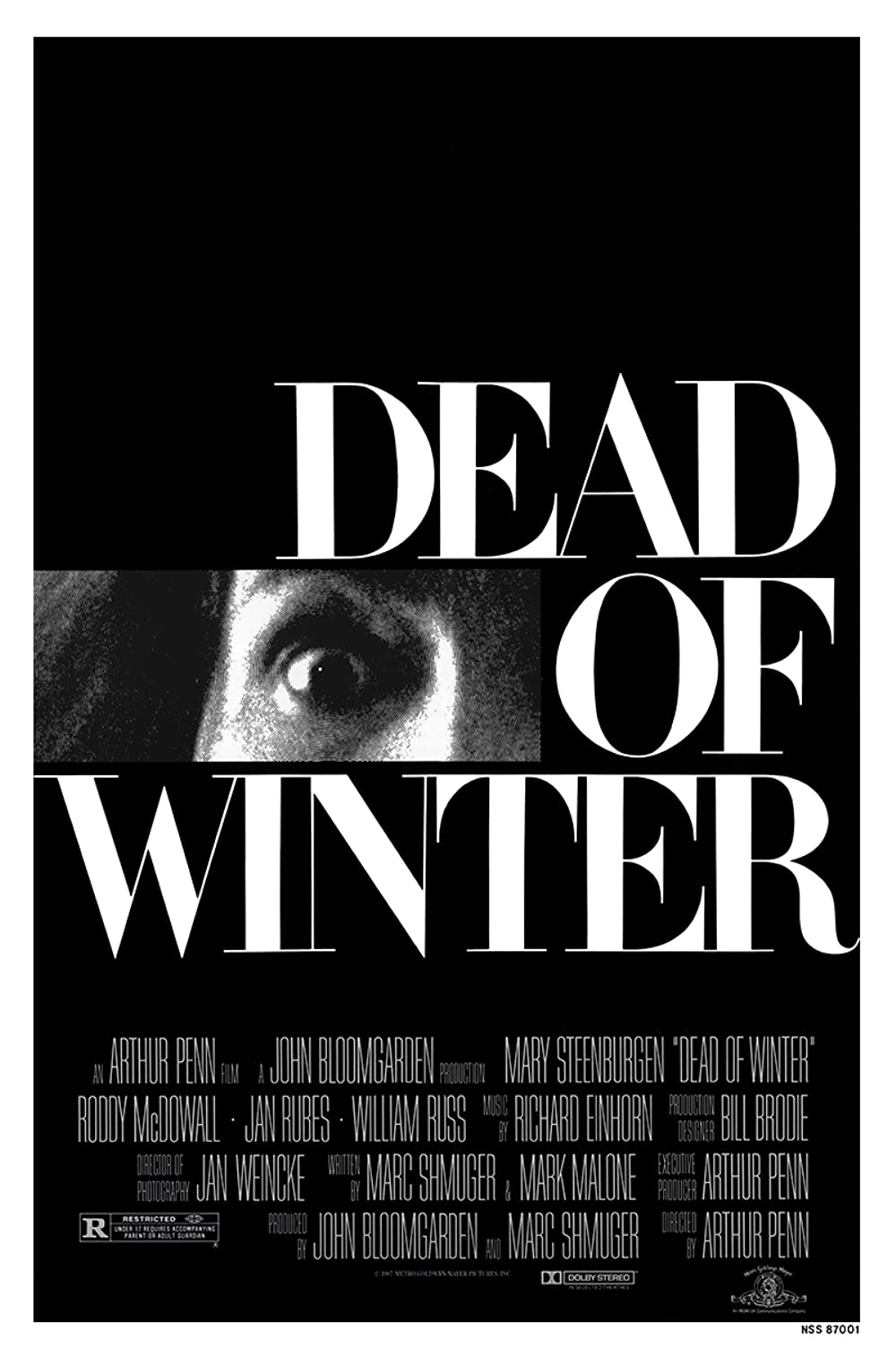I remember back in October of 2018, when I was sitting in a movie theater, waiting with bated breath for the lights to go down and the credits to roll. It had been a long wait, a wait of decades, to get the so-called definitive sequel to 1978’s Halloween, endorsed by John Carpenter, and starring the original scream queen herself, Jamie Lee Curtis.
Then the lights dimmed, the movie started, and, well, reality set in. About fifteen minutes into 2018’s Halloween, co-written and directed by David Gordon Green, I started to get this feeling that something was off. The film looked bland, had no discernible style, had no mood, only a kind of ugliness and a nasty attitude that rubbed me the wrong way. And as the end credits rolled, I felt so disappointed it almost hurt.
As a lifelong fan of the Halloween franchise, and of Carpenter’s oeuvre, I found Green’s Halloween to be the antithesis of the original Halloween. Where the original was atmospheric, elegant, stylish, and nuanced, this “reboot” was style-less, crude, vulgar, and smug. And, for the record, I really liked Rob Zombie’s take on Halloween, which was basically a white-trash/American Gothic version of Carpenter’s original, so it wasn’t like I wasn’t open to a little edge, a little grime, to spice things up.
Then came Halloween Kills, a trite, crass follow-up that amps up the violence to sickening levels, throwing everything but the kitchen sink in a cynical attempt to appeal to the lowest common denominator. While Green's Halloween script's left something to be desired, the writing in Halloween Kills is, for the most part, abysmal, with characters speaking stiff dialogue and acting in ways that defy all logic. I’m not even going to get into that timely “message” about mob violence.
Then came the finale, Halloween Ends, a smug, terribly written film which drags the Laurie Strode character through the mud, features one of the most self-indulgent and poorly conceived plotlines in the history of the franchise, and which is executed with the subtlety of a sledge-hammer. Even if Halloween Kills is technically more accomplished and stylistically less crude than its predecessors, it’s still a crushing disappointment, and a terrible ending to an abomination of a trilogy.
I’m being too harsh, you say? Surely, David Gordon Green’s trilogy is better than the bizarre Halloween 5 (1989) or the ludicrously plotted Halloween 6: The Curse of Michael Myers? Not really. Those films were basically low budget, quickly shot sequels without backing from a major studio, and didn’t have any input from Carpenter or Curtis. And they certainly weren’t produced by an Oscar-winning production company.
Gordon’s Halloween trilogy boasts higher budgets, a number of high-caliber screenwriters, backing by Universal and Blumhouse, and “input” from Carpenter himself. Gordon and company had every resource at their disposal to make good movies. They didn’t. What they delivered were three cynical, downbeat films, each worse than the one that came before it. Gordon and his team seem to be more interested in being edgy and abrasive, than in delivering legacy sequels that respect the franchise and the audience.
A big part of the blame has to fall on Carpenter’s shoulders, who has been constantly promoting this trilogy for four years, calling Green a great filmmaker, and praising the films to high heaven, which made fans, like myself, have sky-high expectations. One has to wonder if Carpenter’s self-confessed delight at receiving checks for doing nothing has something to do with it.
For me, after four years of waiting, watching, and enduring these films, I’m going to dim the lights, grab a bowl of popcorn, and watch a film that Carpenter has called an abomination. But, for my money, Halloween II (1981) beats the hell out of Gordon’s trilogy, a real abomination, any day of the week.
Text © Ahmed Khalifa. 2022.
Ahmed Khalifa is a filmmaker and novelist. He is the writer/director of several short films and a feature, which was released on Netflix, and the author of a number of novels and short stories, including the YA horror novel, Beware The Stranger, available on Amazon. He is also the host of The Dark Fantastic Podcast. Find him on Twitter @AFKhalifa and on Facebook @DFantasticPodcast



